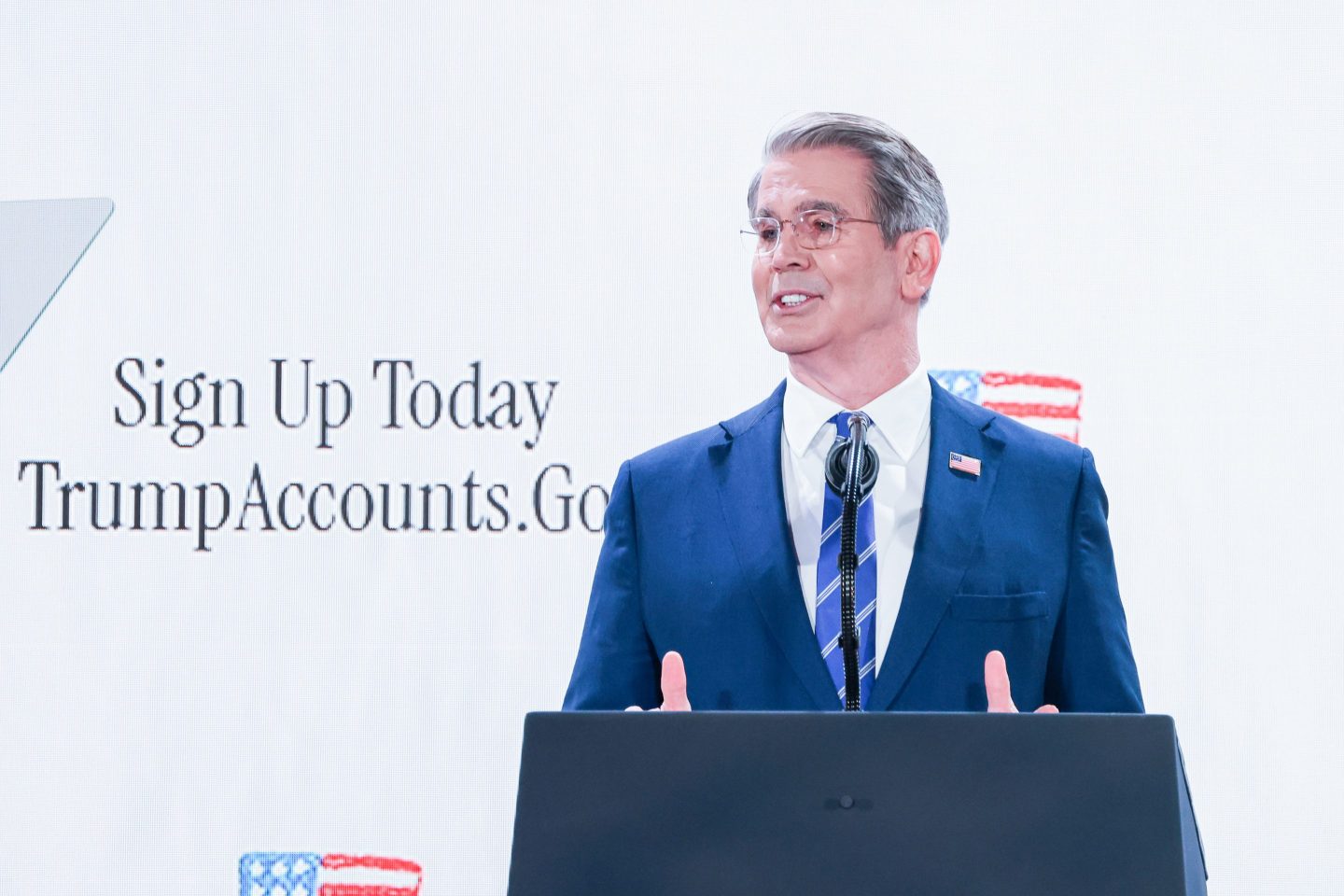The scope of workplace surveillance exploded during the pandemic as millions of workers turned their homes into offices. Some managers, accustomed to keeping tabs on their employees by walking past their desks, had to improvise by installing software on corporate laptops to monitor the keystrokes, mouse movement, and screen activity of their remote workforce.
This virtual intrusion is largely unregulated, but newly introduced California legislation would put some guardrails on the practice. This week, California Assemblymember Ash Kalra introduced the Workplace Technology Accountability Act that would require employers to tell workers that their data is being collected.
“There’s no doubt that technology has proven to be a very good thing in terms of productivity, efficiency, and data collection,” Kalra told Coins2Day, noting that the bill does not seek to limit or ban any technologies. “However, employers have also been using technology to overreach.”
The California Chamber of Commerce and other business interest groups opposed the bill when it was introduced in committee. They cited the excessive burden of disclosures for companies, especially small ones, to comply with the law.
Employers leveraging data in the workplace long precedes the pandemic, but in the past two years the practice has vastly increased. Kalra says the bill is long overdue to address the consequences of workplace processes like hiring, firing, and promotions becoming intertwined with data collection and surveillance.
“The time is right for us to really do a deep dive and figure out how to properly regulate the use of technology in the workplace,” says Kalra. If the bill were to address one central question, he says, it would be this: Is collected data being used to create a better work environment, or is it just about profit making for the corporation?
“We want to make sure that we’re ahead of the game and making sure that those kinds of [technologies] aren’t used against the worker, certainly not without their consent,” says Kalra, citing recent advancements in facial recognition software that purports to monitor emotions.
Mitch Steiger, a legislative advocate with California Labor Federation (CFL), one of the organizations sponsoring the bill, agrees.
“[Surveillance] technology is advancing to a point where it’s becoming very, very hard for us to even know where it’s being used and what it’s doing,” he told Coins2Day. “And that’s part of the reason we’re so focused on getting the bill done this year, because every year we wait, it’s gonna get that much harder for us to even know what we’re up against.”
Cynthia Khoo, a senior associate at Georgetown University’s Center on Privacy & Technology, calls the proposed legislation significant in a law landscape that has not caught up to technological innovations as they relate to workplace protections. “It’s unprecedented in its scope and how it is exclusively targeting workers’ rights in a technological context,” she told Coins2Day.
“Employee privacy law is notoriously non-existent in the United States,” says Khoo. “Even where the law would protect workers, because it hasn’t yet caught up to current technological capabilities, there’s this gap between what employers are able to do and to what extent workers are actually protected.”
The laws that already exist to protect workers from the potential harms of tech innovation in the workplace across the U.S. Are limited in their scope. For example, New York City passed a law this year requiring that employers notify job candidates when artificial intelligence is used in hiring processes.
Meanwhile, another bill called the Massachusetts Information Privacy Act is winding its way through that state’s legislature. It originally included strong worker protections against “unwarranted electronic monitoring,” but that section was dropped and the bill now focuses on consumer protections, like regulating companies’ use of biometric data without user consent and expanding consumer access to collected data.
“Consumers rights are not exactly the same as workers’ rights,” says Khoo. “What’s at stake is different.”
While as a consumer you can step away from whatever app you’re using that’s collecting your data, “your employer can take away your right to provide for your family or your ability to get another job to provide for your family,” says CLF’s Steiger.
Khoo points out that though the pandemic accelerated the use of surveillance technologies in the workplace, the technology is unlikely to disappear even if COVID ultimately does. Once we’re past the pandemic, she asks, what will become of its associated technologies? “Will [employers] roll them back once COVID is no longer an issue, or will they find a way to keep them in place under another?”
Never miss a story: Follow your favorite topics and authors to get a personalized email with the journalism that matters most to you.











